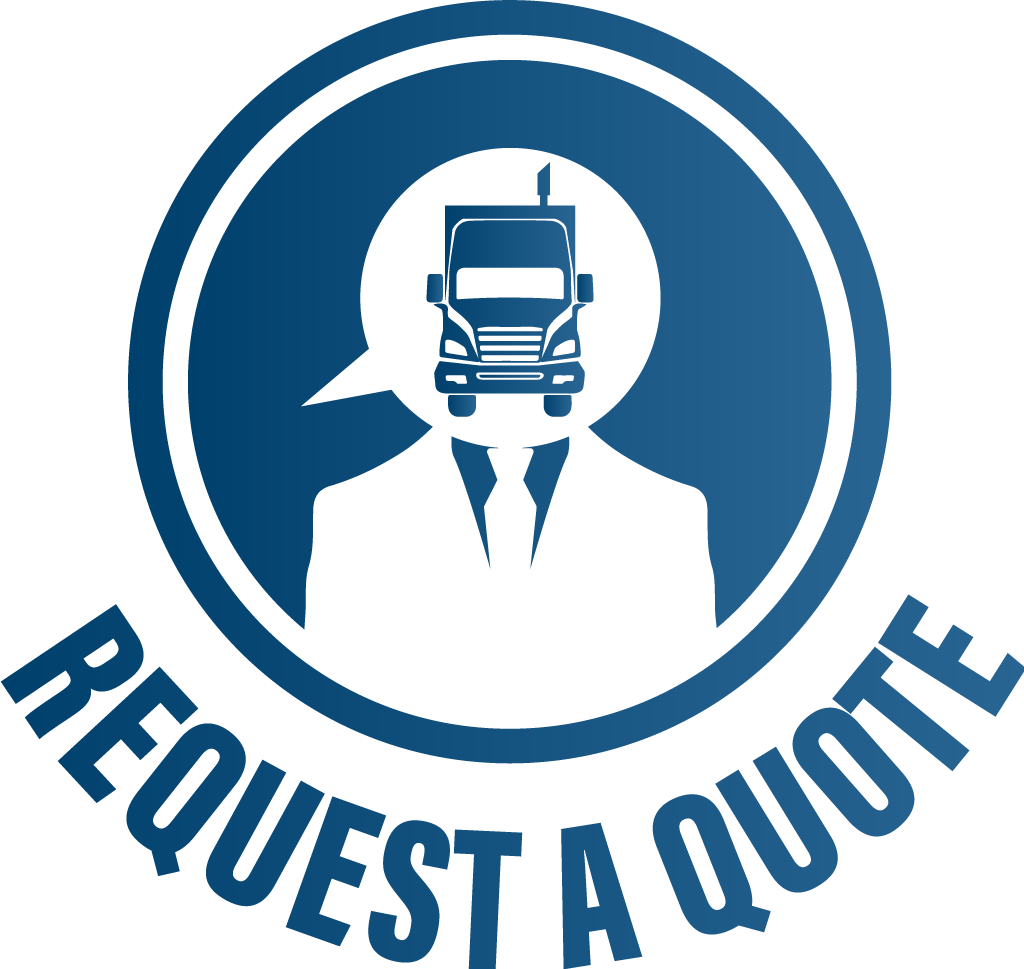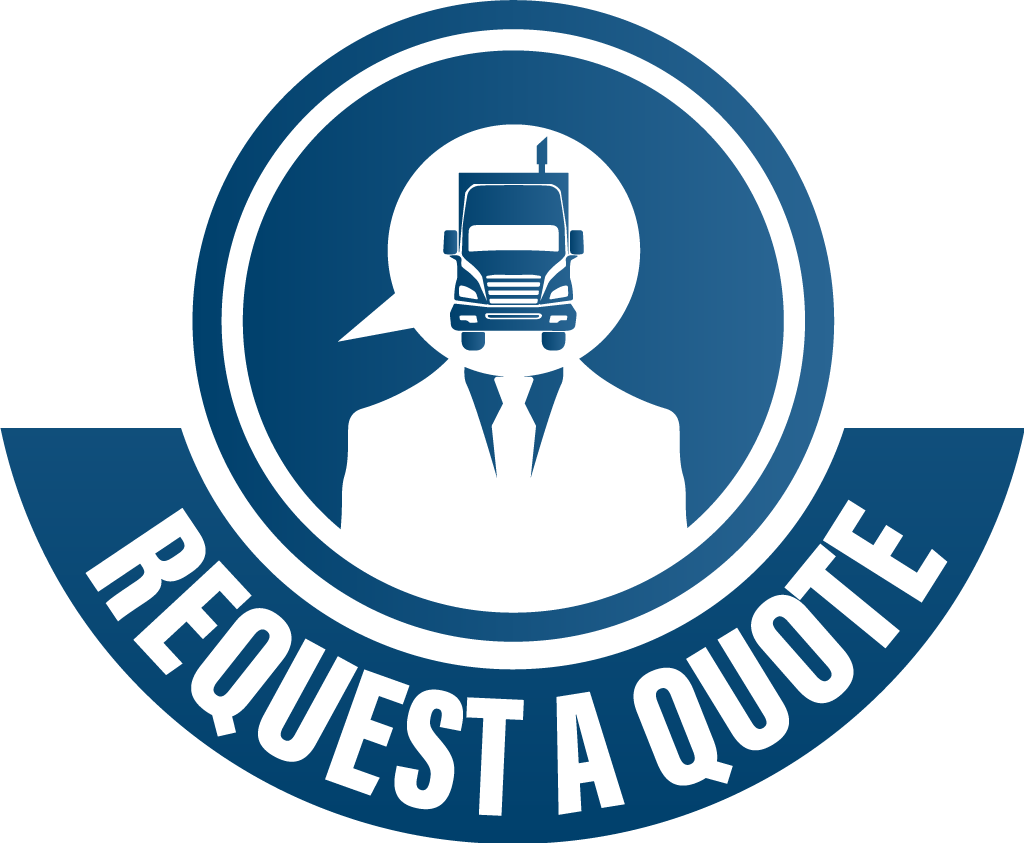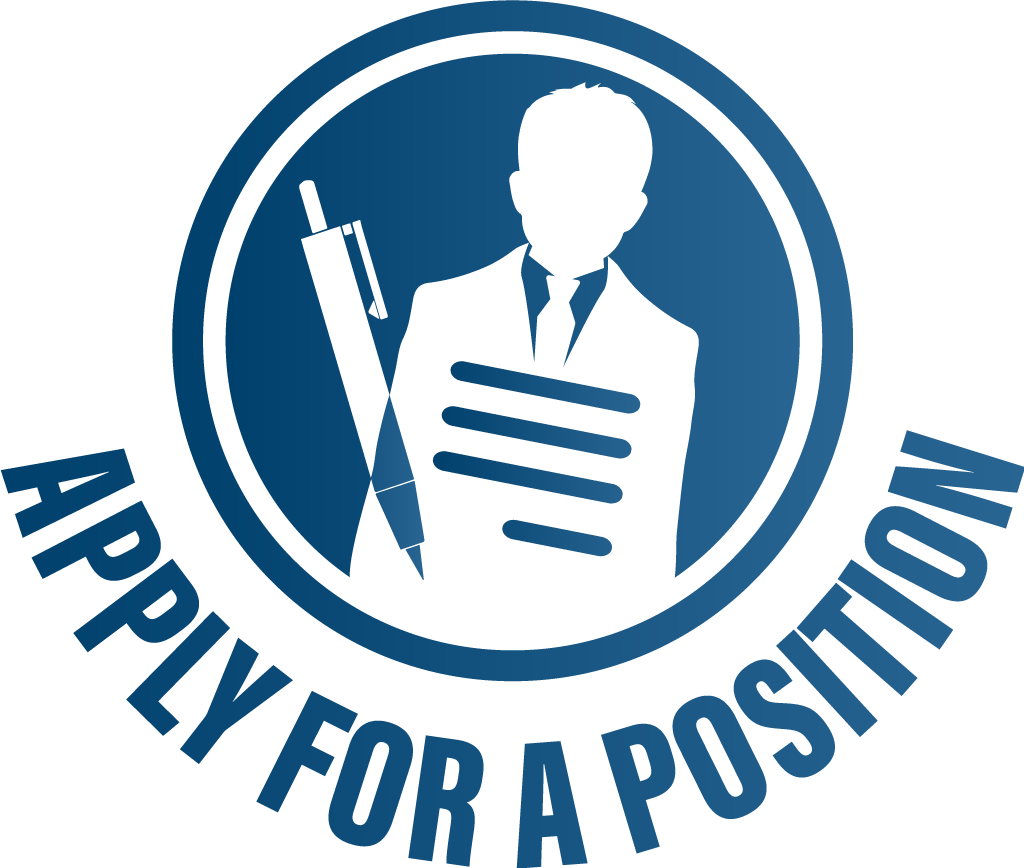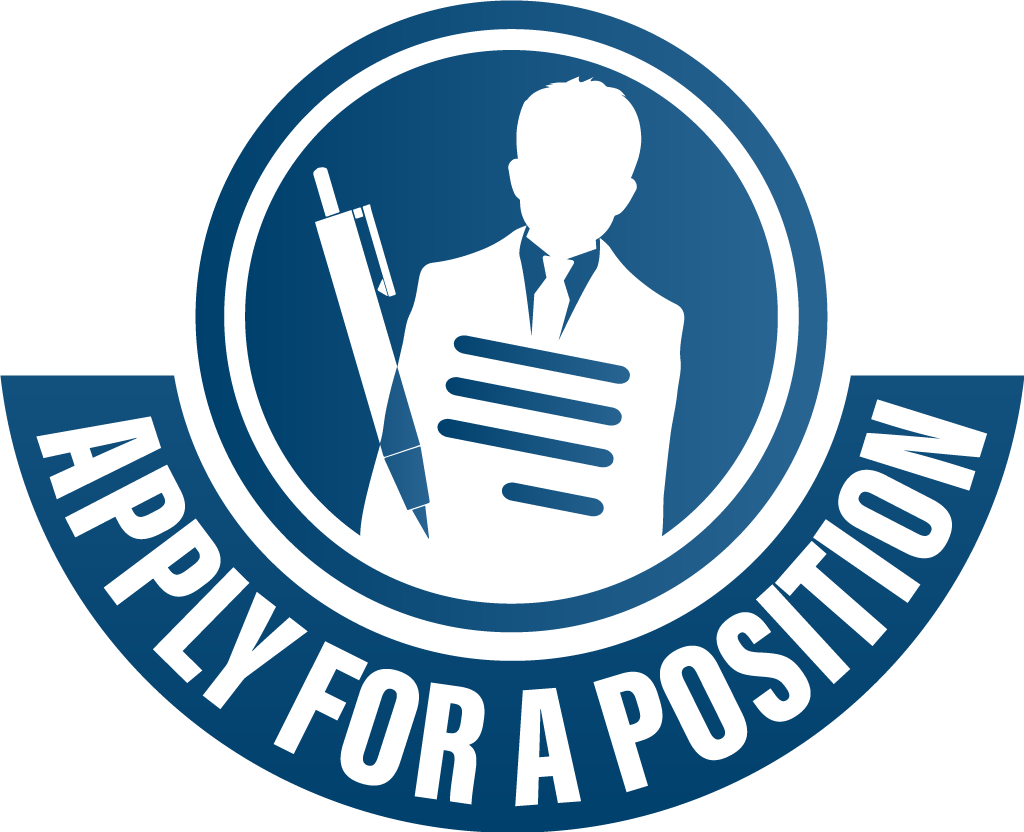
11/20/2020
The rules of the economy have always been about offer and demand. If one party has something that others don’t, it’s reasonable to assume that its value would be higher on the market. The next logical step would be obtaining a distribution of the aforementioned goods or services – it’s how everything works, really. Sounds simple enough, right? Well, not quite.
Now imagine that on a global scale. One country has a surplus of something which the other lacks drastically. That’s why spices from exotic places have been very expensive in the past – they were hard to obtain because the logistics of acquiring them were time-consuming. Now, we have a vast logistical network, and transportation is not really a problem. Right? Only partly.
The technology and speed aren’t the problem, but orchestrating a chain of events of moving something from point A to point B has become a science, an art form even, which requires tremendous know-how and a trained workforce, especially if that something needs to travel internationally.
Moving something within the borders of the USA can be challenging enough, now add foreign transportation chain, customs rules and regulations, and million and one hidden obstacles, and this is why you need a team that covers all moving parts and simply arranges the delivery for you through all of these phases.
This is one of the things we do here at Skyway Brokerage – handle any load you want to import or export, while advising you on every step, enabling you to be in control all the time.
If you visit the official government page on the export/import basics, you will easily find that there is just too much, even if you have some experience. A piece of advice from an expert would be less money and time-consuming than trying to figure it all out by yourself.
All goods that go in and out of the country would need to go through U.S. Customs and Border Protection (CBP), and you want that go as smoothly as possible, because, that way, you are ensuring to avoid any delays and hiccups, which can lead to your business losing partners and money.
Importers - Make Sure to Obtain an Import License or Permit
In most cases, you will not need a license to import goods into the U.S. But, for certain goods being imported, some agencies may require a license, permit, or other certification.
This is a checklist to avoid problems when importing (suggested by CBP):
- Check the requirements of federal agencies. Guidelines from S. Customs and Border Protection (CBP) describe the types of items that may require a license or permit, with contact information for the related agency.
- Contact the local port of entry you’ll use to import your goods for import requirements and other information about the process.
- Even if you do not need an import license, you must fill out CBP entry forms within 15 calendar days of the date that your shipment arrives at a U.S. port of entry. Make sure to provide your importer number on all these forms.
- Your importer number is your IRS business registration number. If you do not have this number or you do not own a business, then your importer number is your Social Security number (SSN).
- You may also request a CBP assigned number by completing CBP Form 5106 and presenting it to the entry branch at a CBP port of entry.
Exporters – You’ll Need License or Permit as Well
As with importing, most items exported to a foreign buyer will not require an export license. However, all items are subject to export control laws and regulations.
The best way to find out if an item requires an export license is by checking which agency has jurisdiction over, or regulates, the item you are trying to export. Search this list of federal departments and agencies to find out whether you need an export license for your product.
To make sure you’re doing everything right, follow the U.S. Customs and Border Protection’s (CBP’s) exporting requirements or contact the local port of entry https://www.cbp.gov/contact/ports used to export your goods.
(Source: www.usa.gov/import-export)
We hope that this insight and guidelines can help you with your import/export process. Should you need any help, advice, or our services, we can walk you through this process, or completely handle it for you. Just contact Skyway Brokerage we'll have it covered for you.






